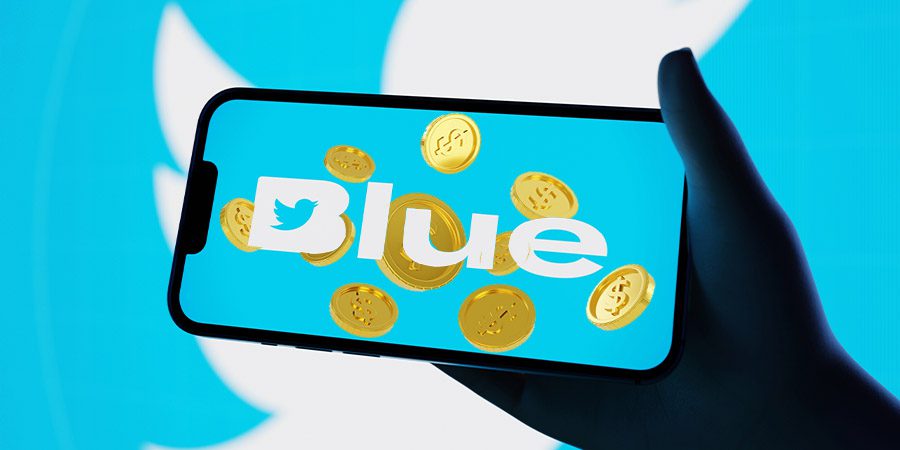In this article, we’ll look at the reasons behind high-profile celebrities’ refusal to pay for Twitter Blue and its potential impact on the social media platform.
Key Takeaways:
- Famous people are choosing not to purchase Twitter Blue membership.
- Twitter is removing verification badges to promote the subscription service.
- Celebrities’ resistance to paying for Twitter Blue may impact the platform’s financial performance.
- Twitter Blue could signal a shift in the way influencers generate income and interact with their followers.
- The future of Twitter is uncertain amid controversies and resistance from users.
The Uprising of Celebrities Against Twitter Blue
Twitter has been stirring up a storm with its recent push for users to subscribe to its Twitter Blue service, which comes with a monthly fee of $8.
This move has led to a backlash from several high-profile celebrities, including LeBron James and William Shatner, who are unwilling to pay for a service that once offered the verification badge for free.
Elon Musk, Twitter’s new owner, has mandated that all users must pay for the subscription after April 1st to maintain their verified status.
However, celebrities like James have taken a stand against this policy, tweeting, “Welp guess my blue check mark will be gone soon cause if you know me, I ain’t paying the 5.”
The Potential Impact on Twitter’s Financial Performance
The decision of influential celebrities to refuse the Twitter Blue subscription could have long-term consequences for the platform.
While these individuals represent a small fraction of Twitter’s user base, their significant following and public sway might lead to a ripple effect, with more verified users opting out of the subscription service.
If a considerable number of high-profile users decide not to pay for Twitter Blue, the platform may be forced to reevaluate its decision to remove verification badges from older accounts.
Additionally, a decline in engagement on the platform could negatively impact Twitter’s financial performance.
The Future of Twitter Influencers
The introduction of Twitter Blue has also sparked discussions about its impact on Twitter influencers.
These individuals have built large followings on the platform through their content or expertise and are often sought after by brands to promote their products or services to their audiences.
The success of Twitter Blue and its implications for influencers remain uncertain. While the subscription service might change the dynamics between influencers and their followers, it is unlikely to spell the end of the influencer phenomenon on the platform.
Twitter influencers have multiple income streams, such as brand partnerships and sponsorships, as well as their own products and services.
Change in the Social Media Industry
The launch of Twitter Blue could serve as a turning point for the social media industry, signaling a shift towards alternative revenue streams beyond advertising.
As social media companies continue to explore new ways to generate income, they may introduce subscription-based models or premium features that require payment from users.
Influencers may face difficulties in connecting and engaging with their followers due to this change. This is especially true if they are unable to pay for the premium features.
Influencers on other platforms might face similar challenges as social media companies look for ways to diversify their revenue sources.
The Ongoing Controversy and Uncertainty Surrounding Twitter
The controversy surrounding Twitter Blue and the backlash from high-profile celebrities illustrate the ongoing challenges and uncertainties facing the platform.
The future of Twitter remains uncertain, as it grapples with balancing the need for revenue generation against the desires of its user base.
The situation highlights the significant influence celebrities and other notable figures wield over social media platforms.
Companies need to consider the opinions and actions of these individuals when making decisions that could impact their user base and financial performance.
Conclusion
The growing resistance against Twitter Blue from celebrities has generated discussions about the potential impact on the platform’s financial performance, the future of influencers, and the social media industry as a whole.
As social media companies continue to explore new revenue streams, changes in the industry are inevitable, potentially affecting the way influencers generate income and interact with their followers.
The future of Twitter remains uncertain amid controversies and resistance from its user base.
 Sections of this topic
Sections of this topic
















